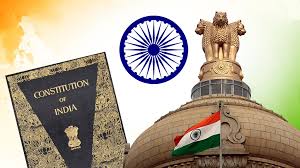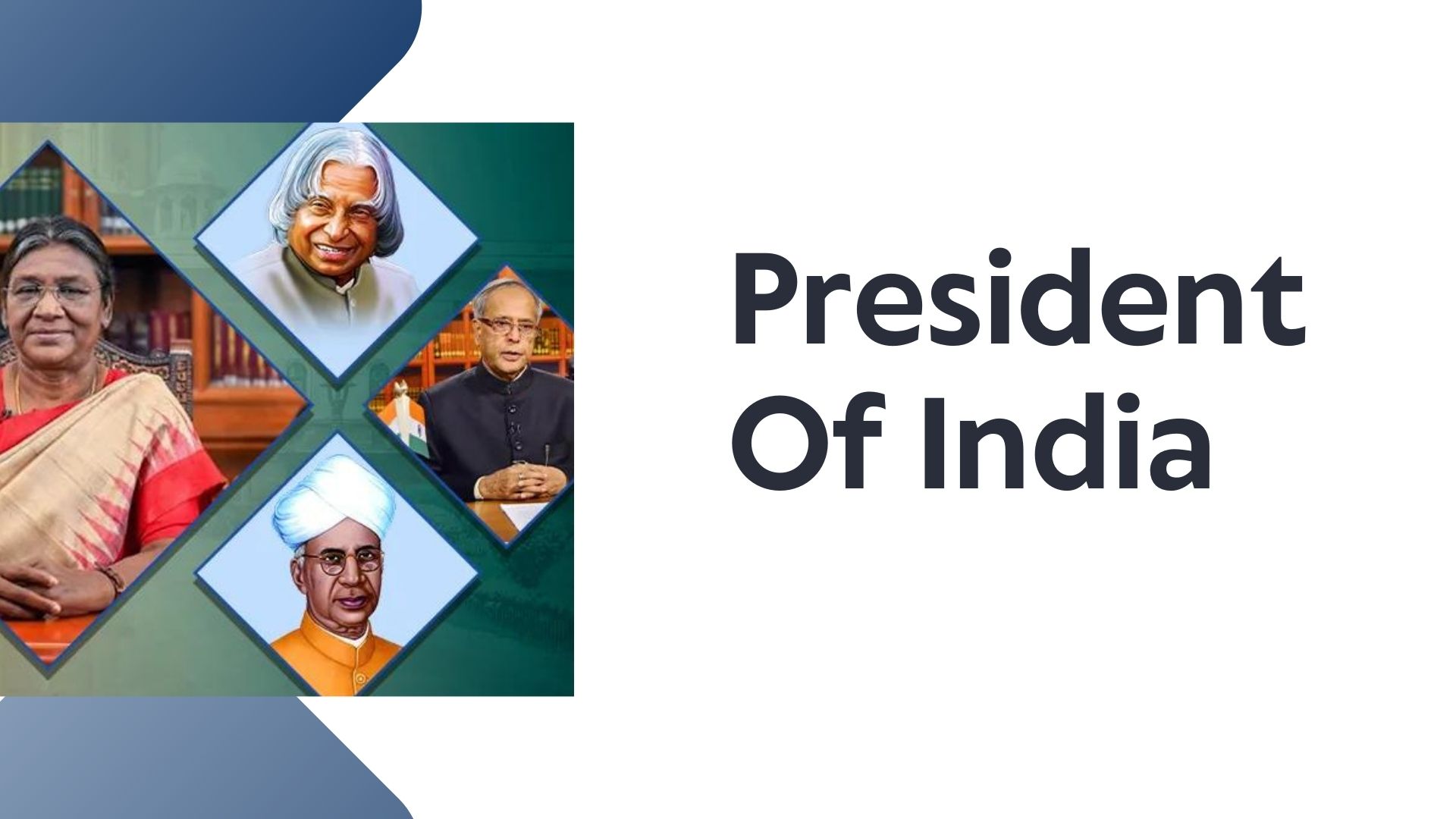What is Preamble Of Indian Constitution
The Preamble is the main and most effective introduction to the particular document, and it should be included in any form of beneficial book. Essentially, it is a statement that introduces the topic and generally gives you a wealth of information about it. The subject’s aim, philosophy, uses, ideas, and aspirations are essentially covered in the user manual, along with important principles and a description of the key goals.
History of Preamble of Indian Constitution
The Preamble outlines the Constitution’s goals even though it is not legally binding and can be used to help understand the Articles where there is a linguistic ambiguity.
Jawaharlal Nehru’s Objectives Resolution, which the Constituent Assembly ratified on January 22, 1947, established the principles that serve as the foundation of India’s Constitution.
The Objectives Resolution laid the groundwork for India’s Constitution, which codified the fundamental values of equality, liberty, democracy, sovereignty, and cosmopolitanism.
This strengthened the moral commitment to build a government that will fulfill the many promises made to the Indian people by the nationalist movement.
This resolution, which was unanimously approved on January 22, 1947, served as the basis for the Preamble to the Constitution.
The ideals of the preamble include the core framework of our constitution. It emphasizes the essential ideas and philosophy of the Indian constitution
Objectives of Preamble of Indian Constitution
Jawaharlal Nehru proposed the Objective Resolution in 1946, which outlined the constitutional framework. It was adopted on January 22, 1947. It influenced the Indian Constitution, and the Preamble of the Indian Constitution reflects its modified version. The fundamental principles that the objective resolution highlighted were:
- The Constituent Assembly’s determination to recognize India as an independent, sovereign, and republic;
- The creation of an Indian Constitution; and
- The goal of transforming all pre-independence Indian provinces into post-independence Indian states.
- To realize union with the power that will be distinct from those granted to such states;
- To realize residual powers, autonomy on such states as the Constitution of India reflects;
- For the Indian people to act as the source of power and authority of the sovereignty, and the independence
- To uphold justice, social, economic, and political equality of opportunity, as well as the freedoms of expression, association, association with others for a common purpose, and action, subject to the law and public morality before the law.
- To offer minorities, tribal and underdeveloped regions, as well as other downtrodden and backward sections, proper protections.
- To uphold the territorial integrity of the Indian Republic and its sovereign rights over land, sea, and air in accordance with international law and justice
- To advance international harmony and prosperity



